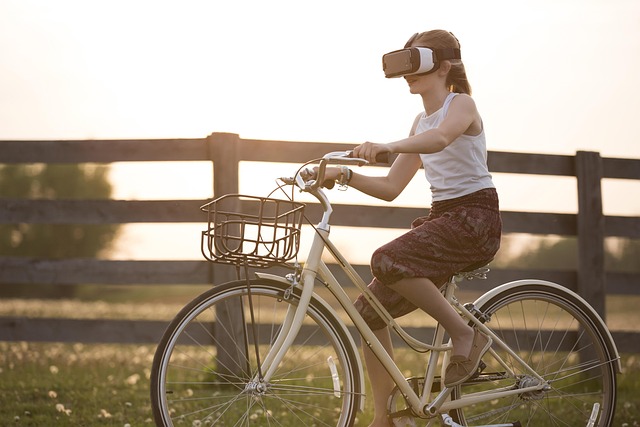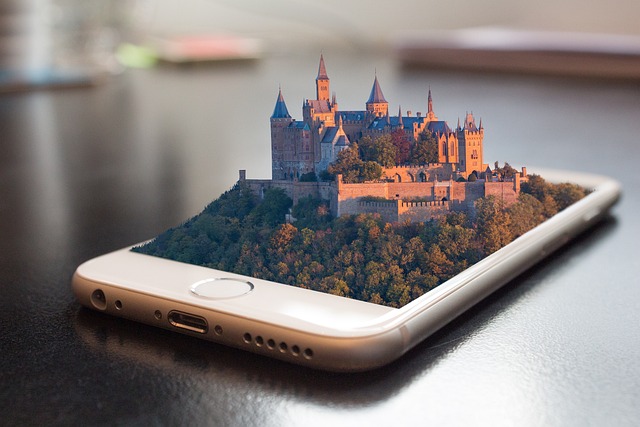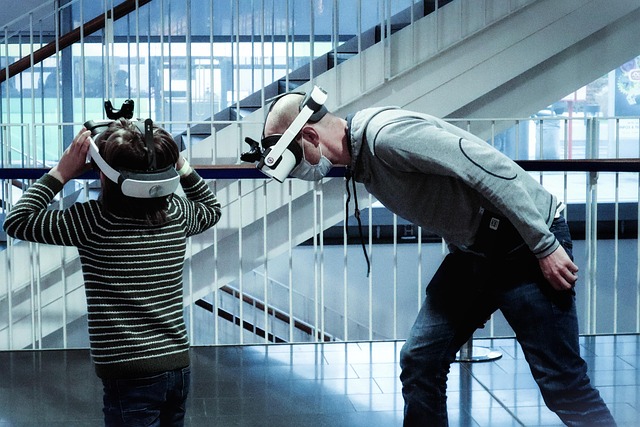Exploring the Impact of Virtual Reality Psychology in Gaming
With the rapid advancement of technology, virtual reality psychology has emerged as a fascinating area within the gaming industry. As gamers and developers alike delve deeper into this realm, the immersive experiences created through virtual reality (VR) and augmented reality (AR) have the potential to transform not just how we play games, but also how we perceive the world around us.
Imagine stepping into a game and being physically transported into a vibrant metaverse, where the boundaries between reality and fiction blur. This is the power of virtual reality. By engaging players in a tactile and immersive manner, VR can enhance emotional connections to the storyline, characters, and environments crafted by developers. The psychological impact of stepping into someone else’s shoes—quite literally—can be profound, as it offers players the chance to experience life from a new perspective.
Furthermore, augmented reality complements this experience by overlaying digital elements onto the real world. Think of games that encourage players to explore their surroundings, discovering treasures in their own neighborhoods. This integration not only enriches the gaming experience but also fosters a sense of community as players share their journeys and achievements with others. The interplay between VR and AR can evoke powerful emotions that captivate players and draw them deeper into the narrative crafted by the developers.
The psychological implications of this technology extend beyond entertainment. Researchers are beginning to explore how virtual reality can function as a therapeutic tool for mental health treatment. By allowing individuals to confront their fears in controlled environments or simulate social interactions, VR can offer a safe space for personal growth and healing. As the gaming industry embraces virtual reality psychology, the opportunities for innovative gameplay and therapeutic applications seem limitless.
As we venture further into this digital age, the concept of the metaverse takes center stage. It’s not just about playing games anymore; it’s about living in a virtual community where interactions feel as genuine as those in the physical world. This evolution encourages players to forge friendships and connections, transcending geographical limitations. Gamers can now assemble teams across continents, engaging in cooperative gameplay that strengthens bonds, all while experiencing a shared reality.
Ultimately, the impact of virtual reality psychology in gaming is profound and multifaceted. As developers continue to push the boundaries of technology, players will find themselves not only entertained but also potentially transformed by their experiences. The future of gaming is bright, and as we embrace the possibilities of VR, AR, and the metaverse, we’re not just entering a new chapter in entertainment; we’re stepping into an entirely new world.




